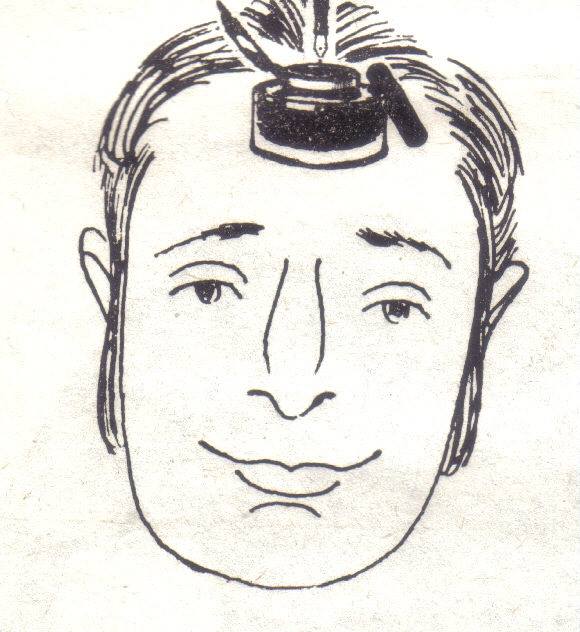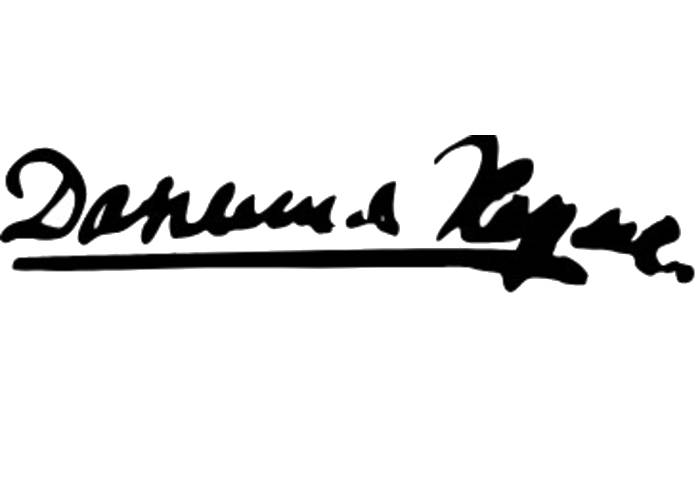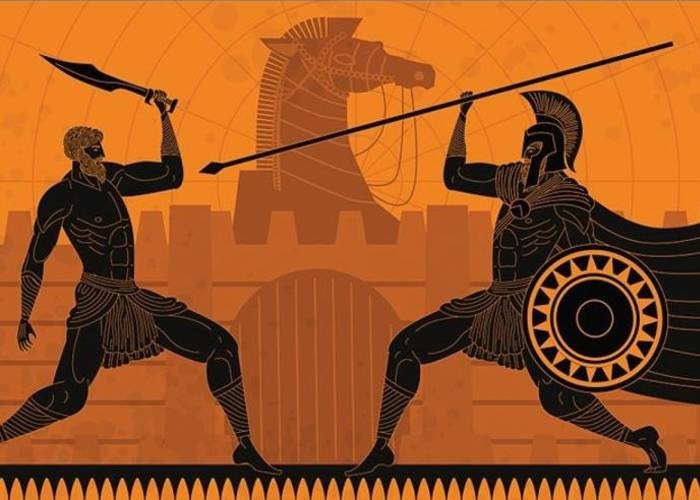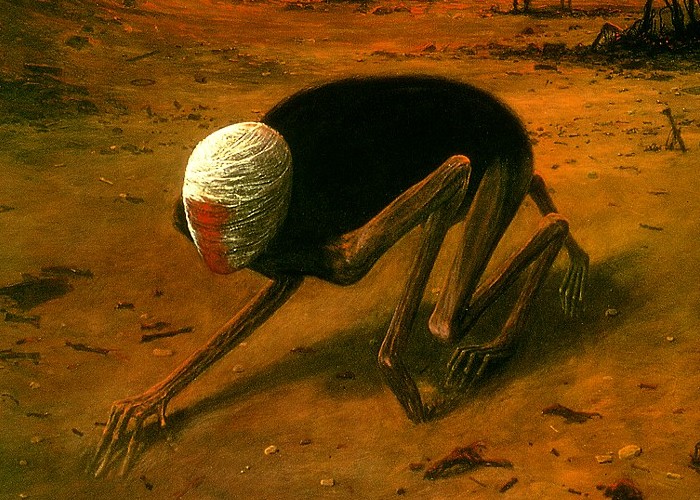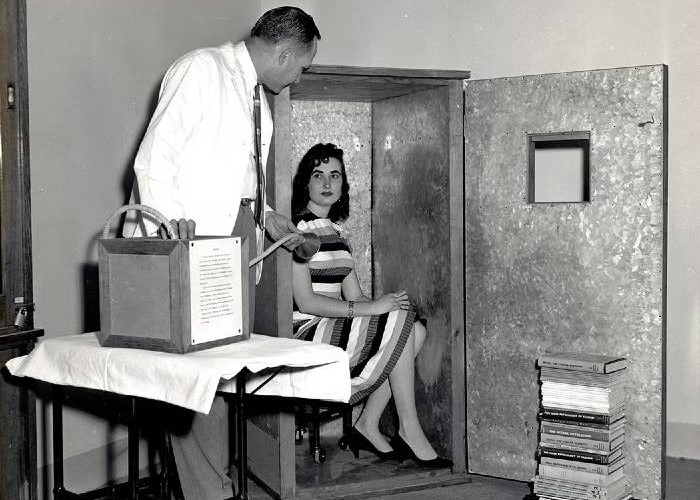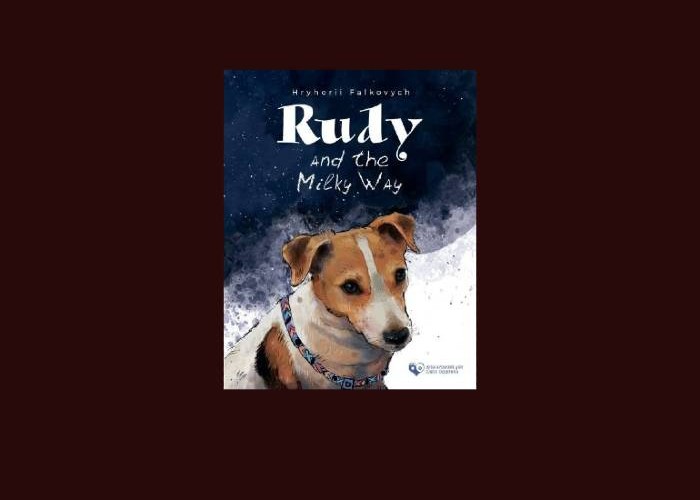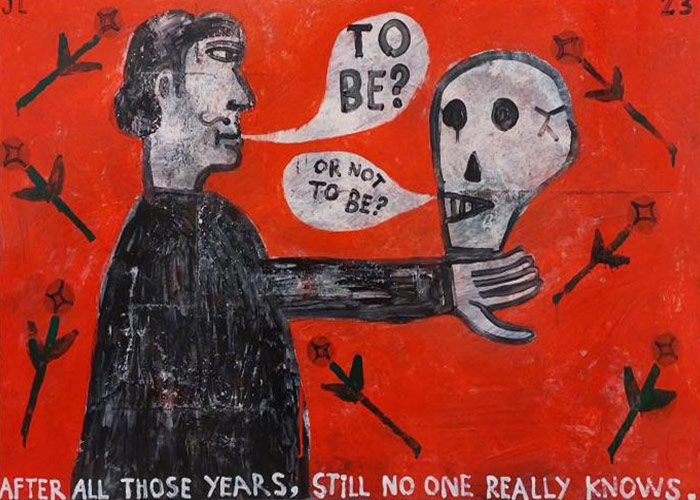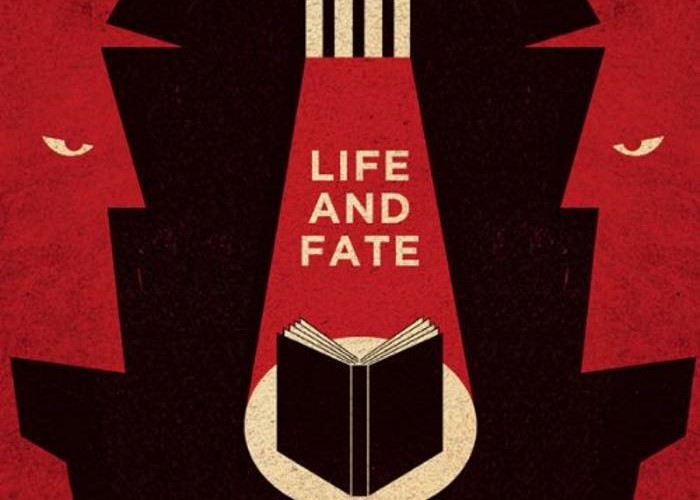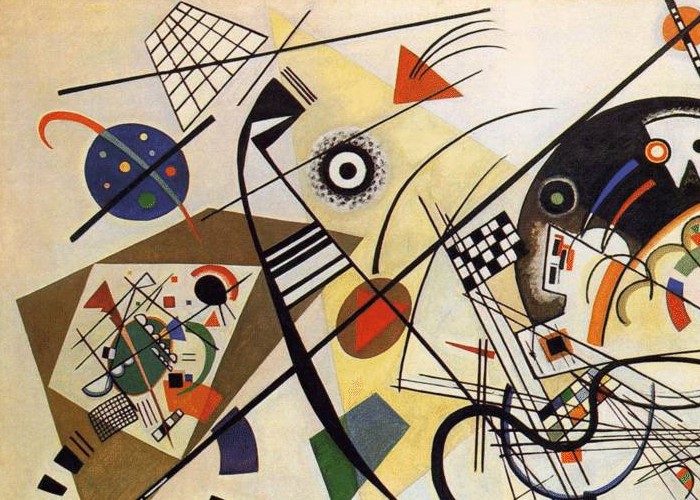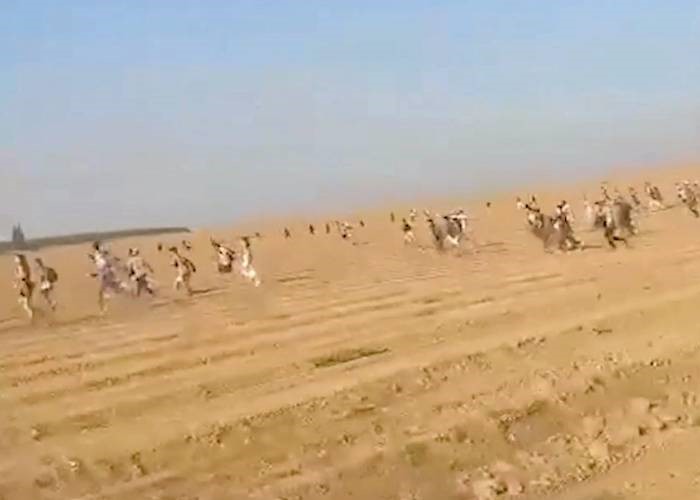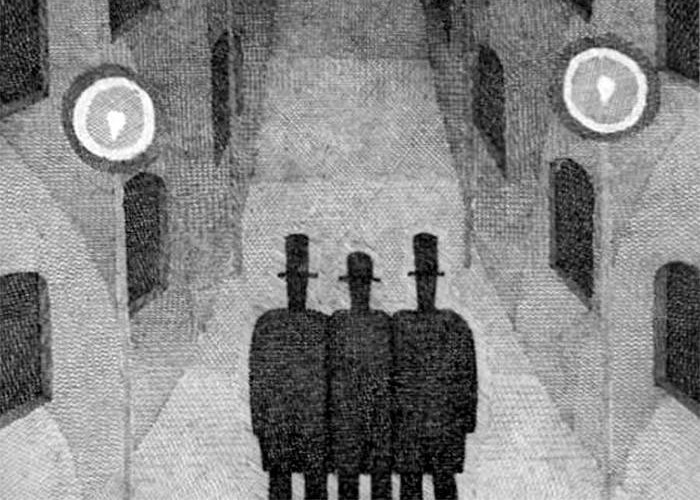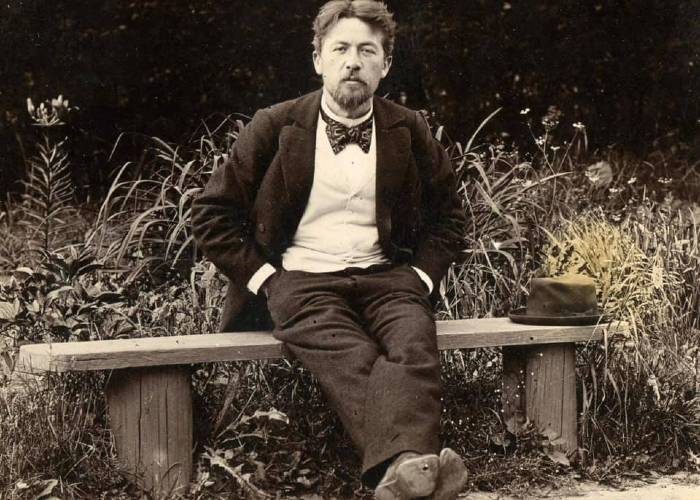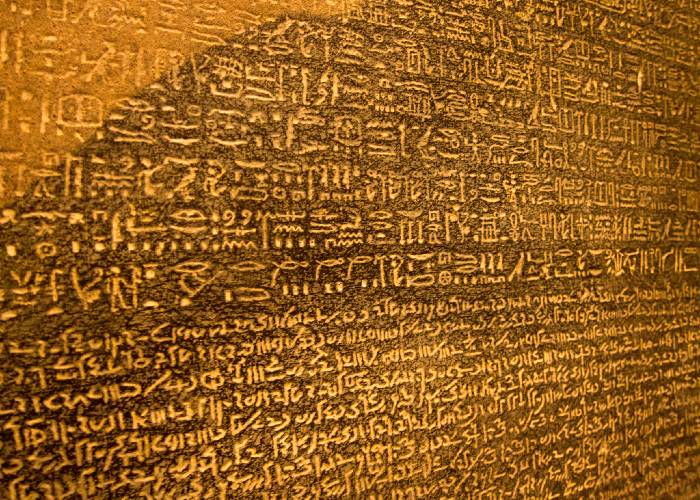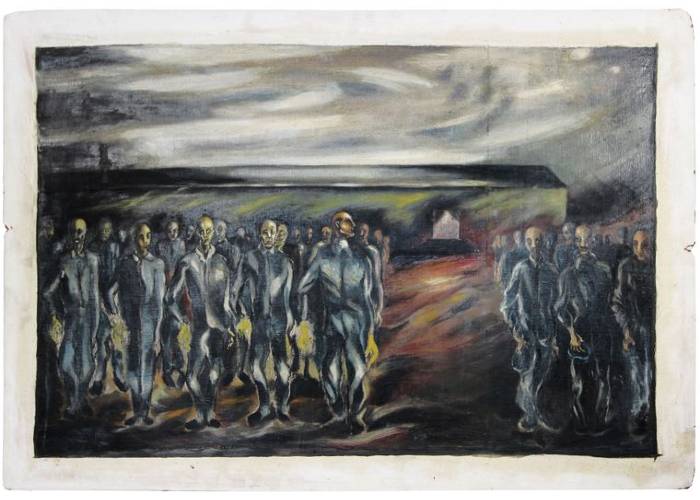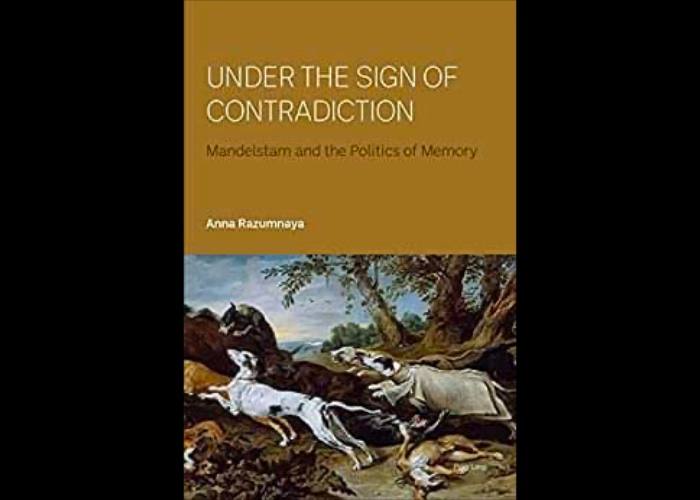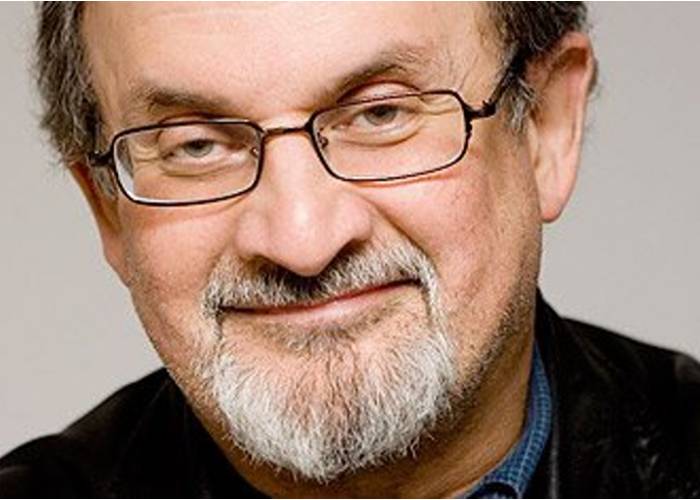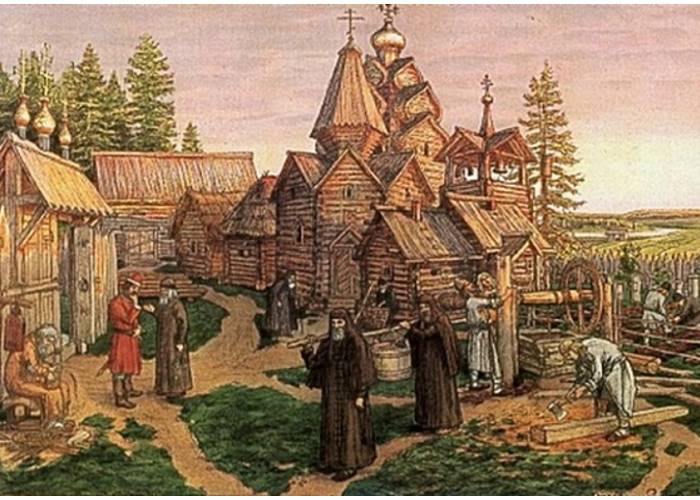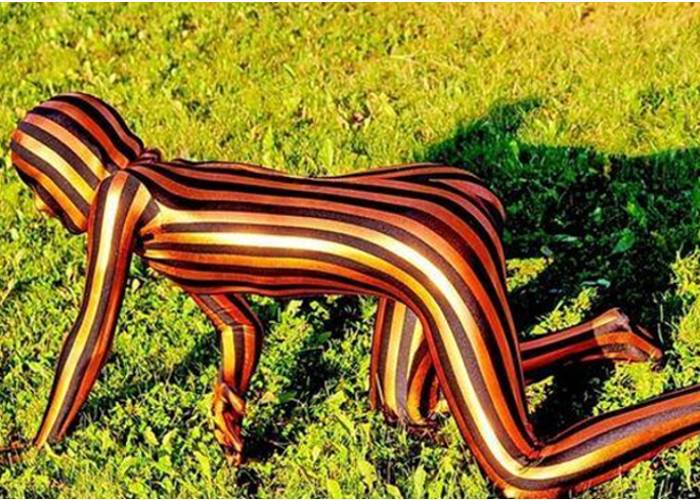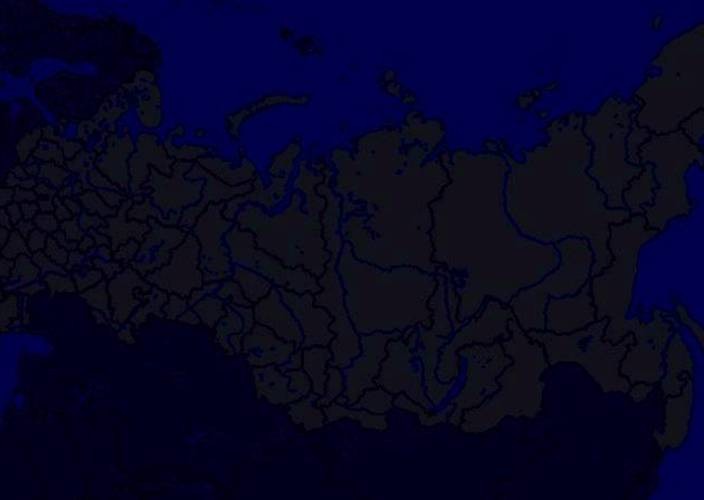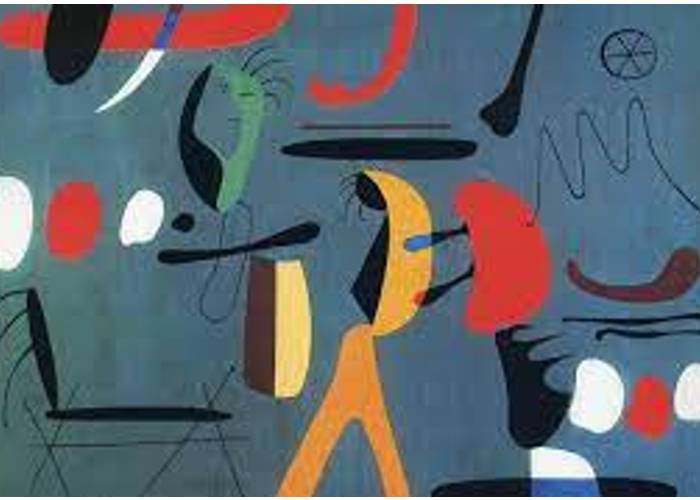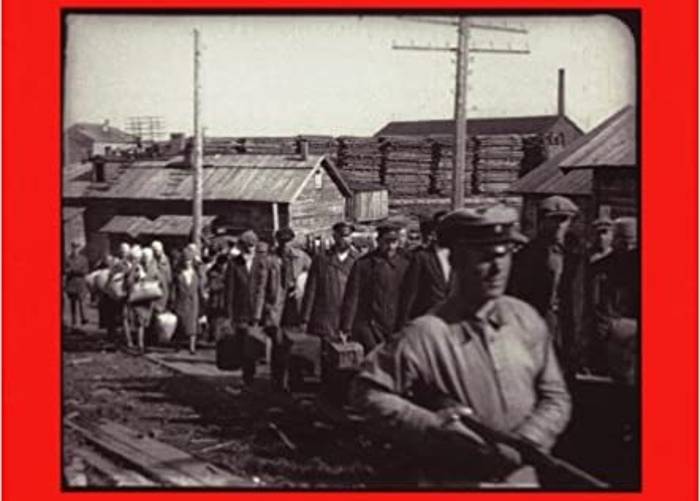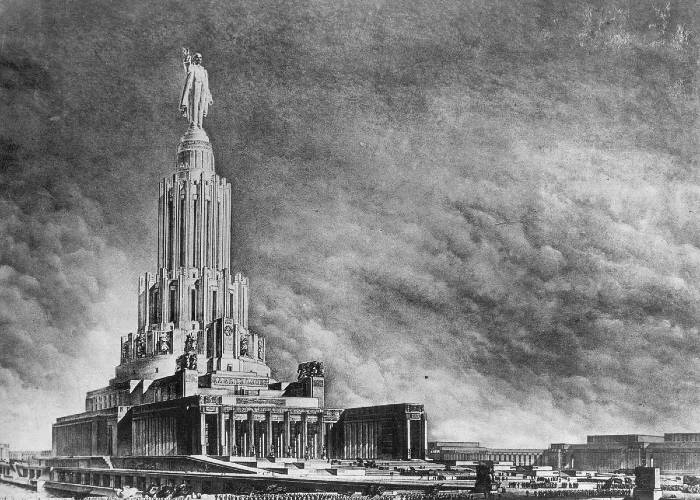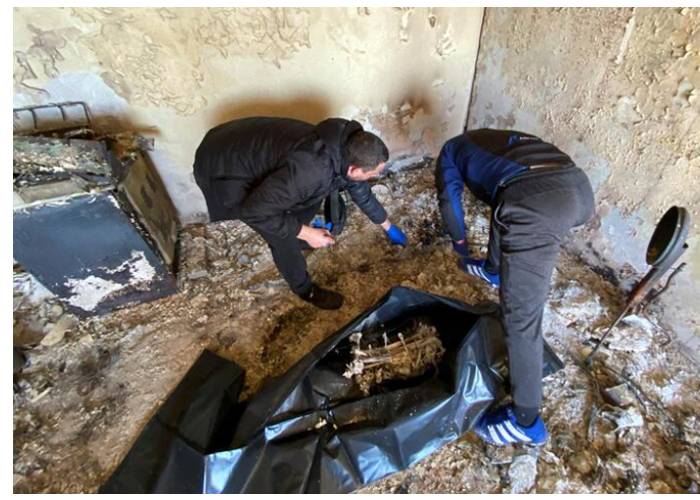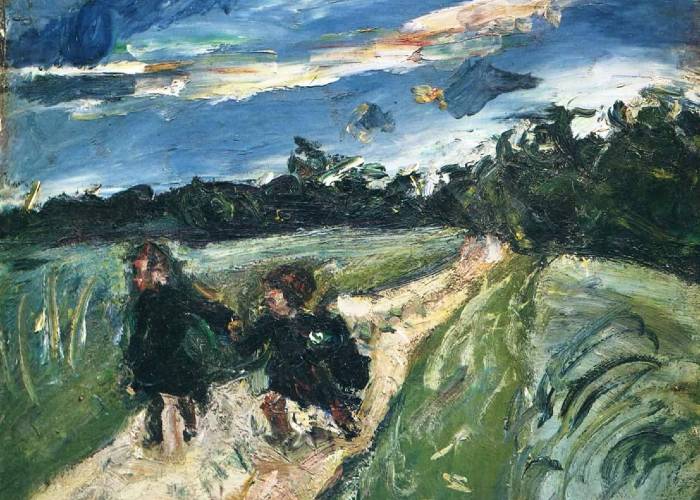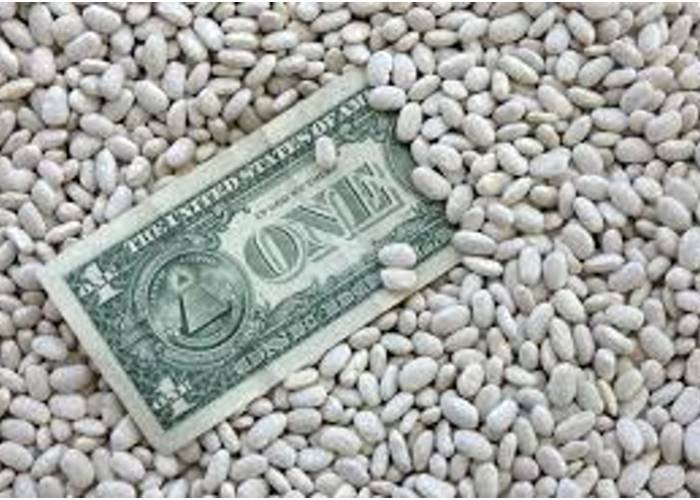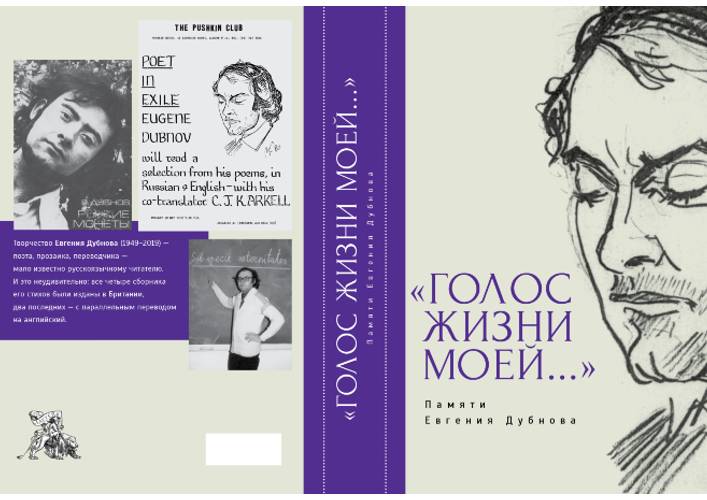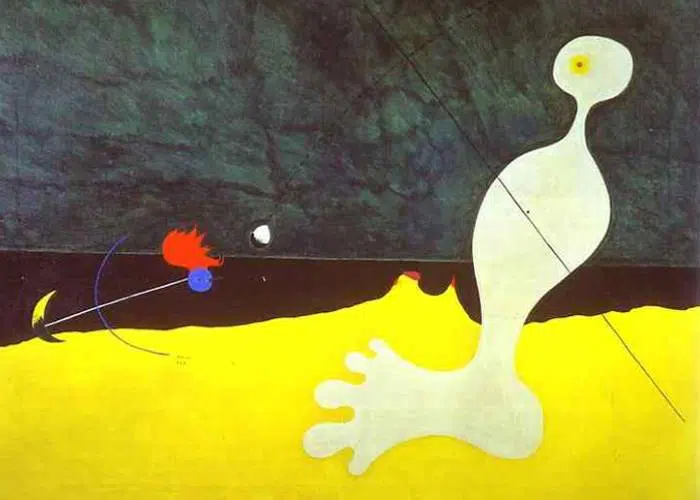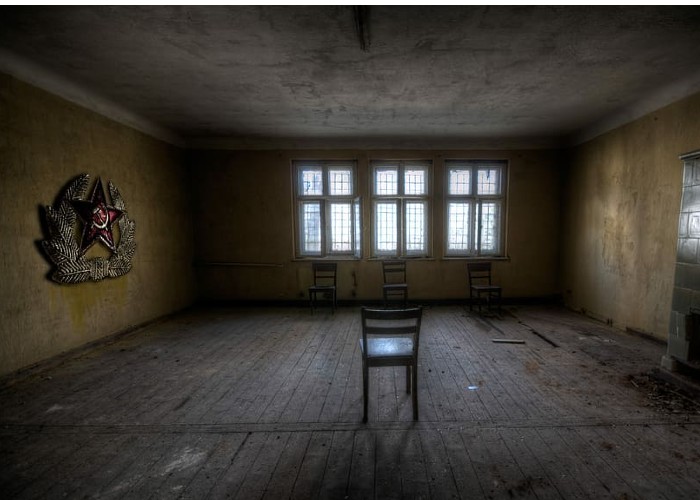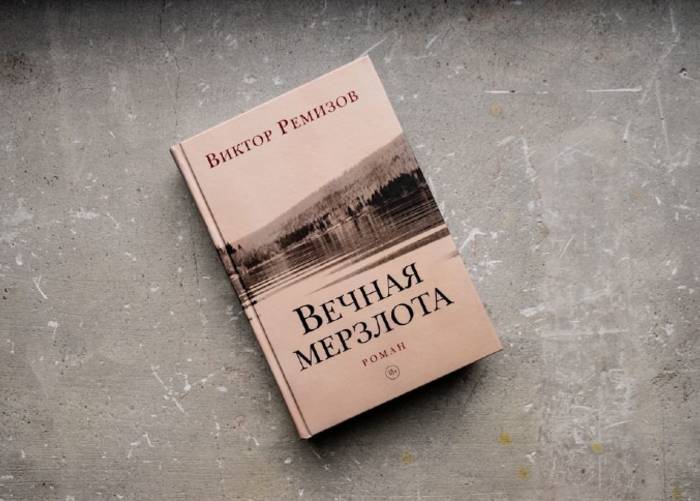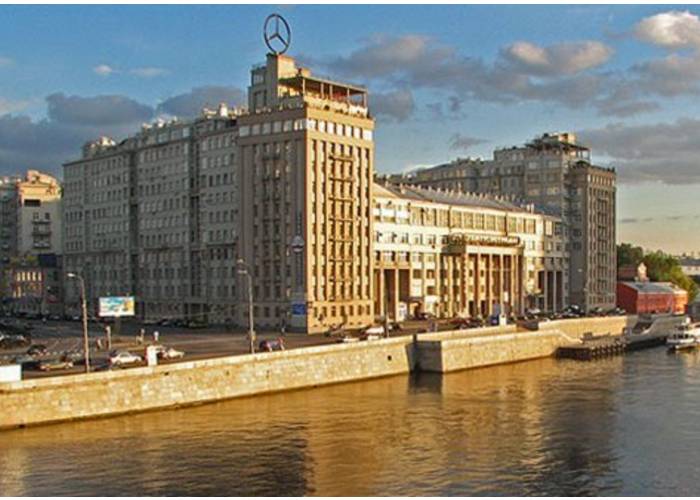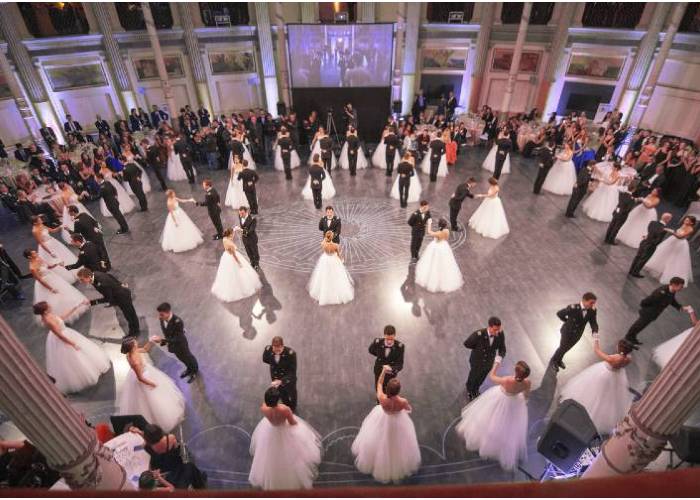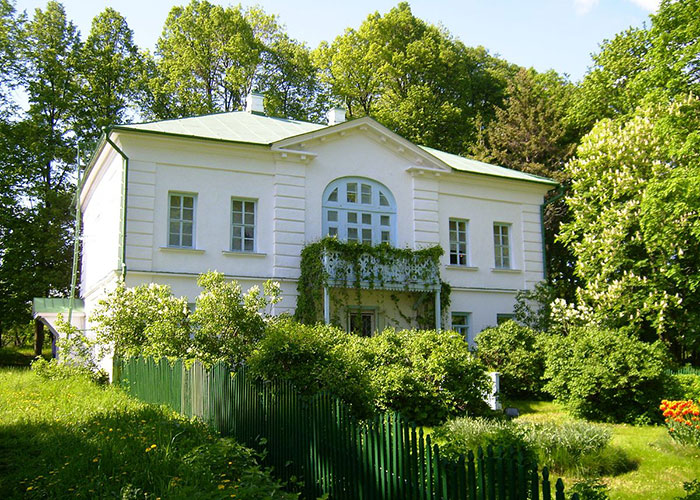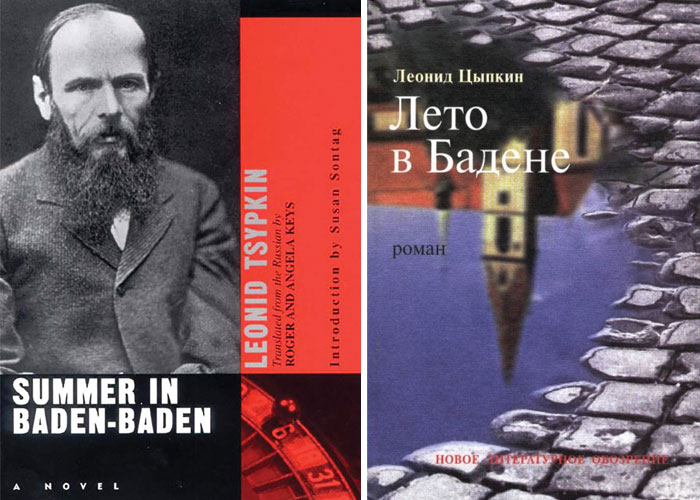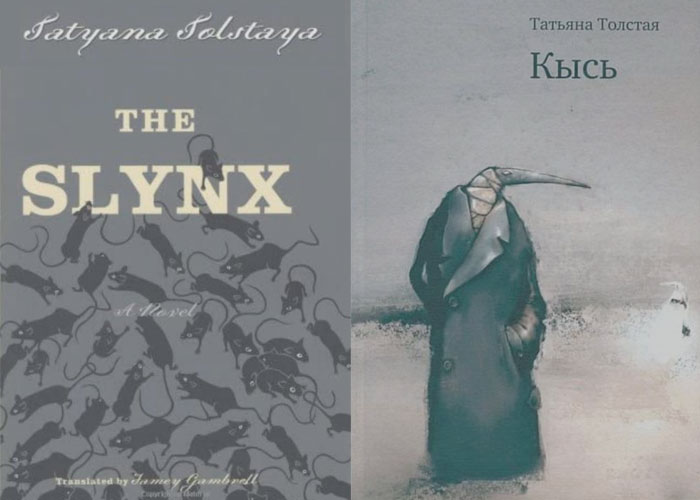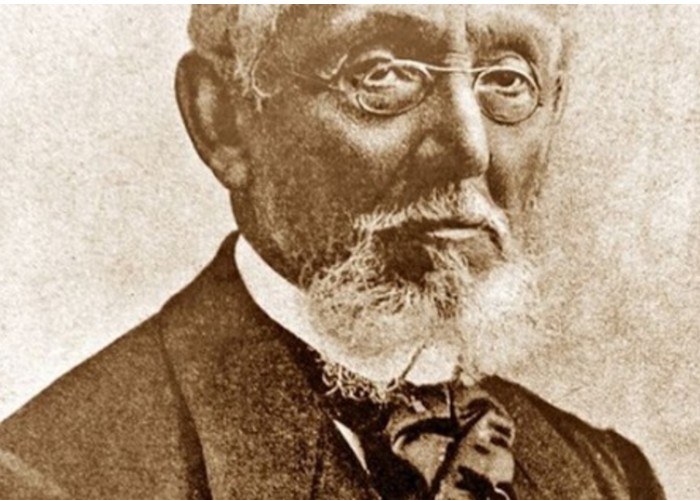Sholem-Yankev Broide, aka Mendele Mocher-Sforim, whose official, or passport, name was Abramovitsh, was the founder of Yiddish literature — the Grandfather of Jewish literature, Dair Zadeh, as Sholom Aleichem called him, which did not prevent the “grandson” from ruthlessly editing the “grandfather’s” works in the almanacs of the people’s library — and it must be said that the Grandfather had always agreed with his editing. Sholem-Yankev Broide was born in the town of Kopyl, Slutsk district, Minsk province. In the beginning, Sholem-Yankev chose a pseudonym, Senderl the Book-Carrier, but the publisher of his book was also Senderl and he did not want readers to think it was him, the publisher, hiding behind the pseudonym, so Sholem-Yankev took a different pen name, Mendele Moicher-Sforim. Moicher-Sforim in Hebrew is a book-carrier, a wandering bookseller. A moycher-sforim roamed the countryside in the Pale of Settlement, selling books in Yiddish and Hebrew. Along with sacred books and prayer books, his book box usually had some penny books for the common man. The path of self-discovery was not an easy one for Moycher-Sforim. Good Jewish humor struggled to make its way into his sad stories. He wrote, “My tune, in the chorus of Jewish literature, is sad. In my works, there is the image of a Jew with all his characteristic features, and even if he sometimes sings something cheerful, from a distance it seems that he is crying, that he is flooded with tears”.
Just beginning to write in Yiddish, Mendele lent the language, with its many dialects, a kind of literary sophistication, polishing it and selecting the best words, creating literary Yiddish out of bits and pieces, while trying to make it understandable to the speaker of any dialect. This is how, through the creation of Jewish literature in Yiddish, and by making mistakes and learning from them, he brought the fate of the little man from the Pale of Settlement into the world of literature. It was not for nothing that his first novel — and his first book in Yiddish — was called Dos kleine meanchele (The Little Man).
This was the time when Jewish writers looked down on Yiddish, seeing it as merely jargon, the language of the illiterates. “So I decided,” writes Moyher-Sforim, “come what may – I will stand up for the rejected ‘jargon’ and serve my people!” The golden age of Yiddish has begun!
Moycher-Sforim often rewrote his novels, with each rewrite making them quite different. Yet he went ahead, stumbling and limping, to reach his best books, creating The Journey of Benjamin the Third, about the journey of Benjamin and Senderl Baba, the Jewish Don Quixote and Sancho Panza, to Glupsk and Tuneyadovka, and The Limp Feet, with its eponymous hero, a cripple wandering with a gang of beggars through the towns of the Pale of Settlement, in love with a hunchback, and overcoming all obstacles for love.
Surprisingly, Jewish literature began not with poetry, as most other world literatures, but with prose, with Mendele Moycher-Sforim’s books. As critics wrote, with a smile, about this phenomenon — even in literature, the Jews must be different!
Translated from Russian by EastWest Literary Forum
